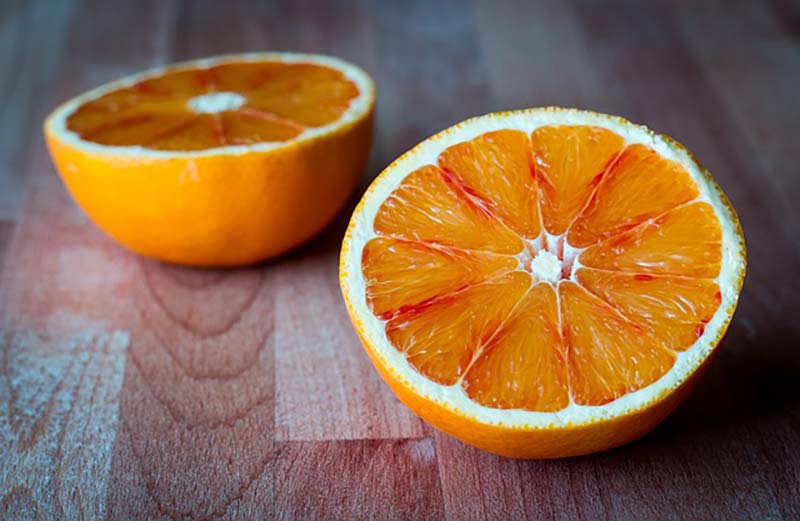

Though it may not seem true, what you eat affects your vein health. In fact, it affects it greatly.
Nutrients in your food help to keep your arteries and veins strong in the long term for lasting vein health. That’s why it’s important for you to opt for foods that are filled with the vitamins you need to keep your veins happy and healthy.
However, sometimes it is challenging to eat well-balanced meals three times a day, every day. We all have those days when we grab a pizza to go, reach for a tub of ice cream, and indulge in some extra wine. And there’s nothing wrong with treating yourself occasionally — as long as it doesn’t become a habit.
To ensure that those treat days and other days where you’re just too busy to eat a well-rounded meal don’t get the best of your vein health, you must be getting the vitamins you need. Whether that vitamin intake is via food or supplements, there are some notable vitamins that you should incorporate into your daily routine.
Quick and Easy Online Symptom Quiz
Explore Our List of Daily Vitamins to Improve Your Vein Health
Vitamin E
This essential vitamin works to keep your blood flowing properly throughout your veins. It does this by keeping your platelets from getting too sticky. And why don’t you want your blood platelets to get sticky? That is what can cause your blood to stick to the lining of your blood vessels, and it can also form blood clots.
In addition, vitamin E is known to keep leg cramps at bay.
Here are the top foods to reach for to get your vitamin E:
- Sunflower seeds
- Almonds
- Peanuts
- Salmon
- Avocado
- Trout
- Mango
- Brazil nuts
- Kiwi
Vitamin B
This family of vitamins is among the most important to strengthen your blood vessels and thus, prevent vein issues or at least keep them at bay if they’re already surfaced. For those who have a history of vein issues and blood clots in their family, vitamins B6 and B12 are particularly important.
Are you worried that you may be at risk of vein disease?
Relief is a Click Away – Book a Consultation Now
B6 and B12 work to get rid of excess homocysteine, which is an amino acid that, when built up too much, can lead to blood clotting. B3 shines in the spotlight when it comes to circulation. It also plays the role of reducing cholesterol in your blood.
The B vitamins you’ll want to include in your daily life
- B3
- B6
- B12
- Thiamin
- Riboflavin
- Niacin
- Folic acid
- Biotin
- Pantothenic acid
And where can you find these B vitamins?
Well, you can opt for supplements, or get your healthy daily doses of the following foods:
- Brown rice
- Fish
- Steak
- Eggs
- Lentils
- Sunflower seeds
- Almonds
- Broccoli
- Spinach
- Avocados
- Bananas
Vitamin K
Though this vitamin doesn’t get quite the recognition that the others do, it is vital to your vein health. Vitamin K works to keep your blood flowing properly on a regular basis, but also post-injury.
In addition, vitamin K helps to strengthen your capillaries (the walls of your blood vessels), and ensures that they do not break or bulge (as they tend to do when your veins have issues). Here’s a little fun fact for you: vitamin K got its name from the German word for blood clotting: coagulation.
Here are some foods you can eat to get your vitamin K
- Kale
- Spinach
- Broccoli
- Brussels sprouts
- Chicken
- Green beans
- Prunes
- Kiwi
- Avocado
- Soft cheese
Vitamin C
Everyone loves vitamin C. It gets the most attention out of all the vitamins, but for a very good reason. Not only is vitamin C great for boosting your immune system, but it is also great for your vein health.
How so? First of all, it is a great promoter of blood circulation and the healing of vein membranes. It keeps the walls of veins strong as well, and it helps your body with the production of collagen, which is a crucial protein your body needs to properly function.
The top sources for Vitamin C
- Chili peppers
- Guavas
- Sweet yellow peppers
- Kale
- Kiwi
- Broccoli
- Brussels sprouts
- Lemons
- Strawberries
- Oranges
As you can see, vitamins are an integral part of not only your vein health but your entire body health. Lacking some of the above key nutrients can lead to some serious health issues in your veins, and beyond.
Medically Reviewed By:

Dr. Yan Katsnelson is a philanthropist, business owner, and highly skilled cardiac surgeon. He is the Founder and CEO of USA Vein Clinics, which is part of USA Clinics Group, the parent company of USA Fibroid Centers, USA Vascular Centers, and USA Oncology Centers, with more than 100 facilities nationwide. Dr. Yan has established himself as a strong advocate for accessibility and affordability of the most advanced medical care close to home. His mission is to create a positive experience for each patient with compassionate, personalized, and expert care.


